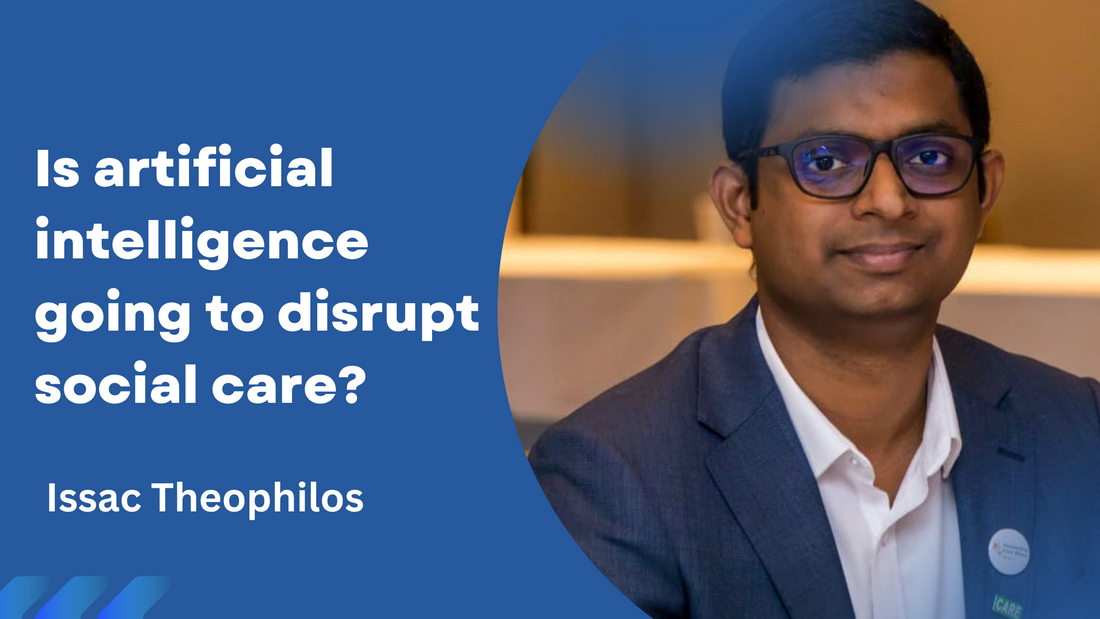Artificial Intelligence (AI) is quickly becoming a disruptive technology in various fields, and social care is no exception. AI can revolutionise how social care is delivered and received, making it more efficient, cost-effective, and person-centred. I will explore how AI is already changing social care and what the future may hold for this rapidly advancing technology.
Firstly, AI has the potential to enhance care delivery by supporting care workers and enabling them to provide better quality care. AI-powered devices such as wearable sensors and remote monitoring tools can help track vital signs, monitor medication adherence, and identify changes in behaviour or health status that may require intervention. This can enable care workers to provide timely and targeted interventions tailored to each individual's needs. For example, AI can help identify when a person may be at risk of falling or suffering from a urinary tract infection, allowing care workers to take preventive action before the condition worsens.
AI can also support the social and emotional needs of people receiving care, particularly those with dementia or other cognitive impairments. Virtual assistants and chatbots can provide companionship, cognitive stimulation, and reminiscence therapy, helping to improve the person's mood, reduce loneliness, and enhance their quality of life. AI can also facilitate social connections by enabling people to participate in virtual communities, connect with family members and friends, and engage in meaningful activities.
Another area where AI can significantly impact is the management of social care systems. AI-powered tools can help optimise staffing, scheduling, and resource allocation, ensuring that resources are allocated efficiently, and that care workers are deployed where needed. AI can also help streamline administrative tasks such as record-keeping, billing, and data management, allowing care providers to focus more on providing quality care and less on paperwork.
However, like any new technology, AI in social care also raises some concerns. One of the most significant concerns is the potential for AI to replace human interaction and care. While AI can provide support and assistance, it cannot return the value of human empathy and understanding, particularly in social care. Therefore, it is essential to ensure that AI is used to enhance care rather than replace it.
Another concern is the ethical implications of using AI in social care. For example, using AI to monitor and track individuals' behaviour and health status raises questions about privacy, data security, and consent. Therefore, it is essential to ensure that AI is used in a way that is transparent, accountable, and respects the individual's rights and dignity.
In conclusion, AI has the potential to transform social care, making it more efficient, person-centred, and responsive to the changing needs of individuals. While challenges and concerns are associated with using AI in social care, these can be addressed through careful planning, ethical considerations, and stakeholder engagement. With the right approach, AI can be a powerful tool to enhance the delivery and experience of social care, creating a better future for everyone involved.
Join the to learn on how to write person-centred care plans using artificial intelligence?
Click here.

